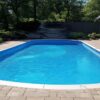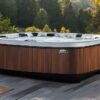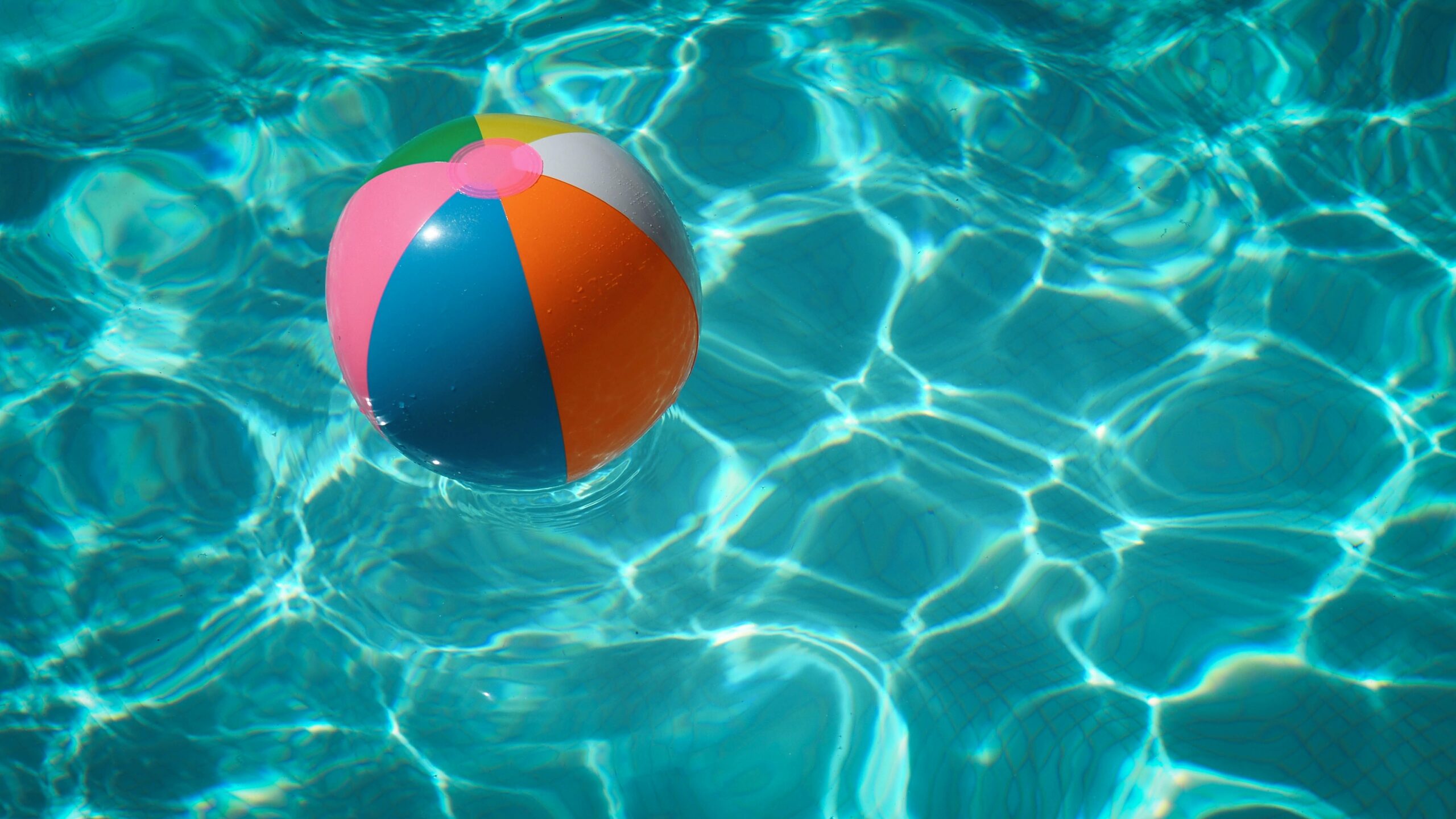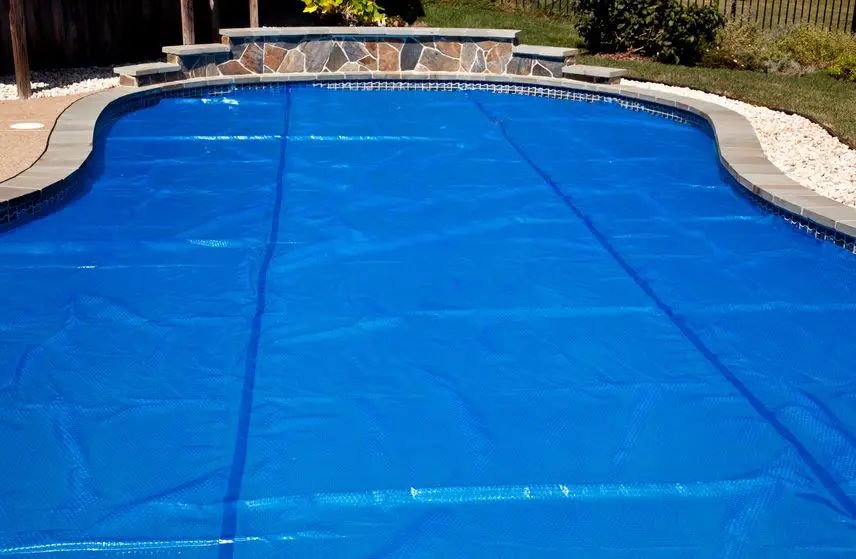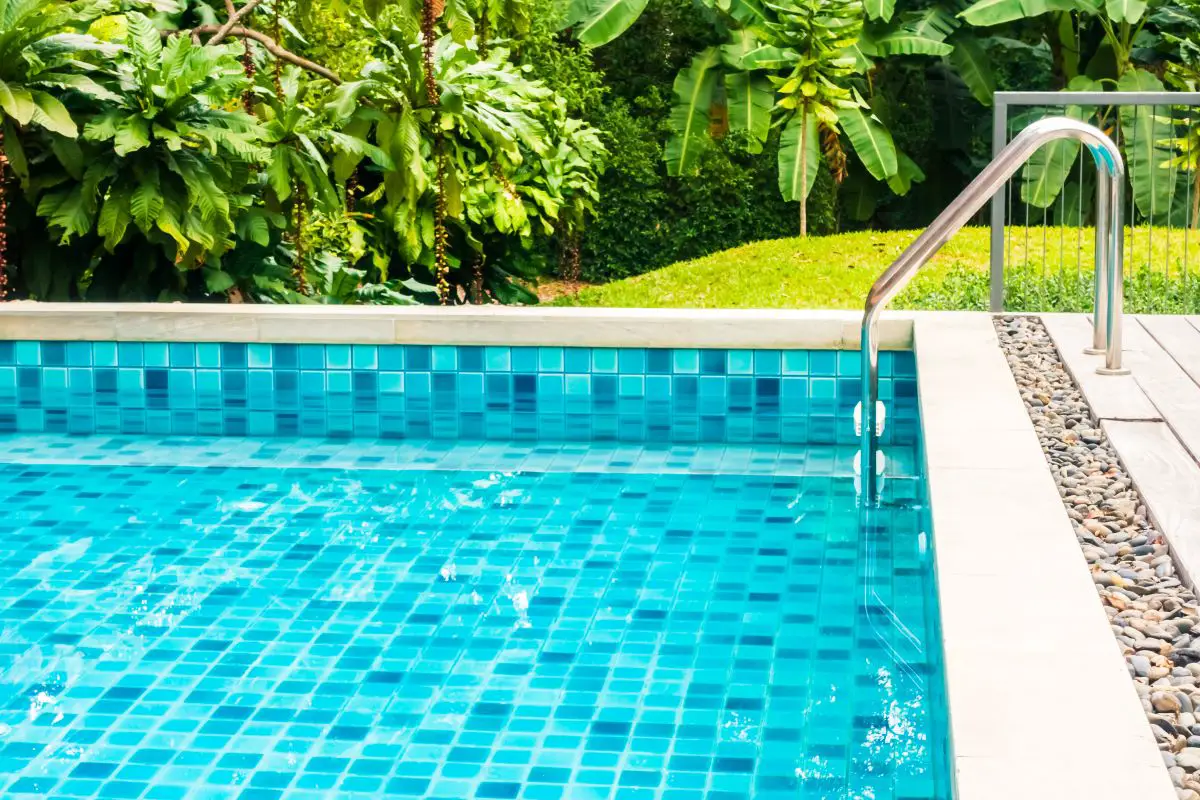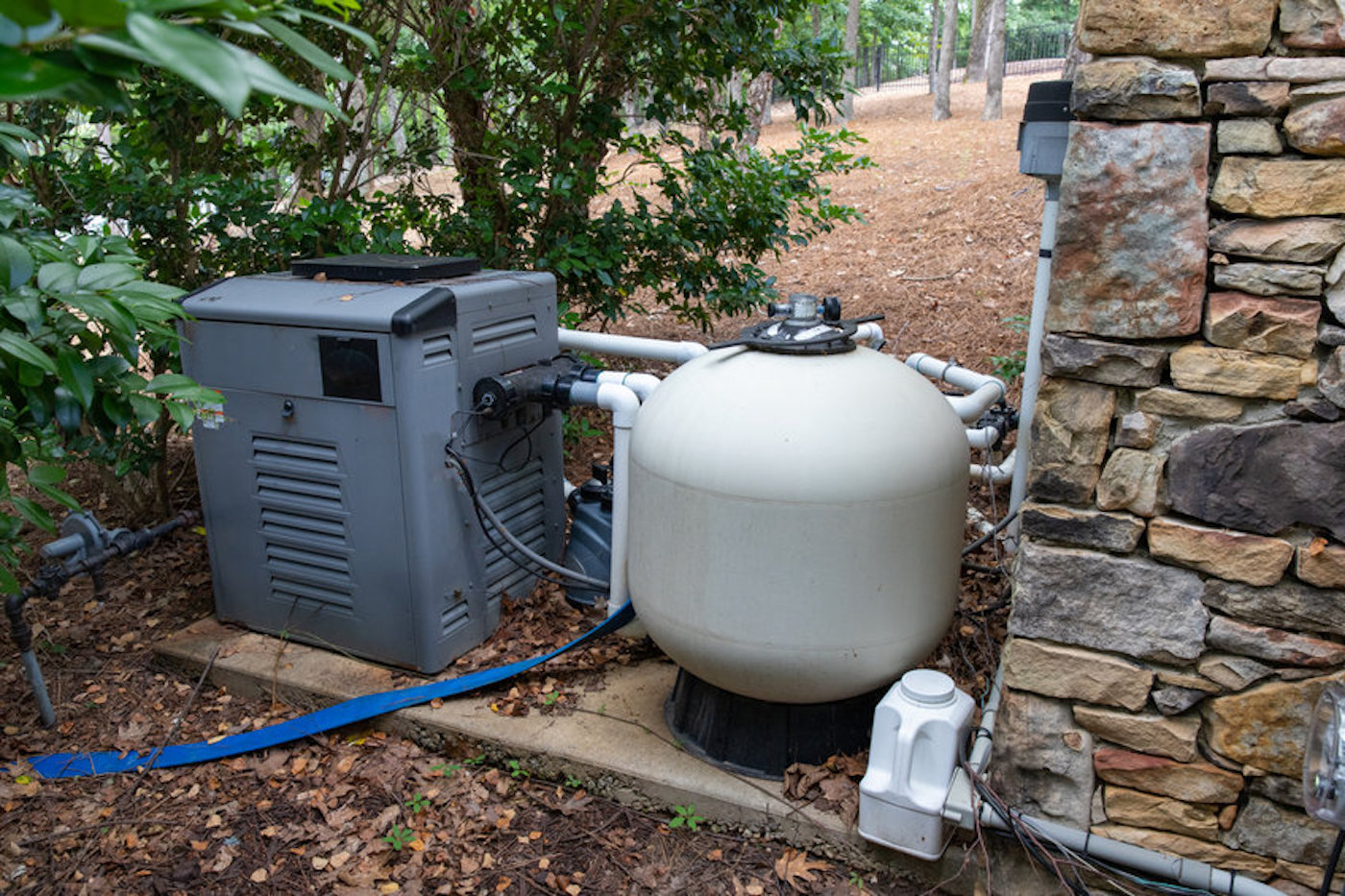Above-Ground Pools vs. Semi-Above Ground Pools
Picture this: summer is on the way and you’ve got a backyard just begging for a pool to relax in and escape the heat. You don’t quite have the budget to go all out with an in-ground pool, but you could make an above-ground pool work. While researching you start seeing “semi-above ground pools”, which throws you for a loop.
So, what is the difference between an above-ground pool and a semi-above ground pool? An above-ground pool is just as it sounds, a pool that is installed fully above ground. A semi-above ground pool is more flexible as it is partially buried in the ground, however, you can choose to bury it completely as though it is an in-ground pool or not bury it at all and treat it as an above-ground pool.
When it comes to choosing an above-ground pool or a semi-above ground pool, there are many factors to take into consideration. Some of these include budget, style, and size of the pool and the amount of available space in one’s backyard.
This article will outline each type of pool and will provide tips on how to choose between them so you can find the best option for you and your family.
Above-Ground Pools
As the name suggests, an above-ground pool sits high off the ground (usually around 48 inches). They often feature metal frame construction with inflation chambers that help keep the water-resistant liner in place.
Ladders usually come with above-ground pools and are constructed from metal, although other materials such as resin or wood may be used. Common above-ground pool materials include vinyl, steel, or aluminum.
When it comes to safety, the walls of an above-ground pool can become unstable if they do not have a secondary support system (usually in the form of metal posts).
This is why it is recommended to get an automatic pool cover; it will help to ensure you and your family’s safety when using your pool. An automatic pool cover also provides protection against debris like leaves and twigs that could compromise safety without compromising aesthetics.
An inflatable above-ground pool liner does not require much space to store when the pool is not in use; this means that even if you don’t have a large backyard, you can still enjoy summer fun with the family. Many manufacturers make above-ground pool liners to accommodate specific shapes and sizes, so feel free to shop around for a configuration that will best fit your backyard.
Above-Ground Pool Pros
- Inexpensive compared to other options
- Easily accessible from all sides
- Most models come with a ladder and a cover
- Quick installation – usually only 1 day
Above-Ground Pool Cons
- The walls can become unstable if not properly supported by secondary beams or posts (this is why it’s important to have an automatic pool cover)
- May require inflatable liners as opposed to permanent ones if you want very tight corners or curves in your pool.

Semi-Above Ground Pools
Semi-above ground pools sit relatively low to the ground (around 24-30 inches) because the majority of the frame is buried in the ground. They are not as expensive to buy as a fully in-ground pool, but they require more work to maintain, especially with regards to the water.
However, they are often cheaper to install and look great in smaller backyards. They still come with a ladder and most models feature inflatable liners. Common semi-above ground pool materials include fiberglass and concrete.
A semi-above ground pool has much thicker, fully insulated walls than what you would find on an above-ground pool. The strength of a pool wall has everything to do with how it’s built.
A semi-buried pool has to be strong enough to withstand the ground pushing against it, but when you build an above-ground pool it fully depends on the water pressure inside the pool for its strength.
Semi-Above Ground Pool Pros
- Less expensive than in-ground pools
- Often smaller and more compact, perfect for those with limited space
- Inexpensive to maintain
- Quicker install than an in-ground pool (takes a few days rather than several weeks)
Semi-Above Ground Pool Cons
- Not as aesthetically pleasing as in-ground pools
- More work is required to keep the water at its best (e.g., filtering, adding chemicals)
- More expensive than an above-ground pool
In the end, there’s no clear answer on which one is better; it depends on your budget and lifestyle. Shop around, make a list of the pros and cons of each kind and decide for yourself.
What To Consider When Choosing A Pool
So now that you know the difference between an above-ground pool and a semi-above ground pool, it is time to consider all of the necessary factors that go into choosing one over the other. These include:
- Size of your backyard
- Style preference (i.e., modern or rustic)
- Your swimming experience level (are you beginner, intermediate or advanced?)
- How much maintenance you can handle on your own
- How much money are you willing to spend?

Asking yourself these questions beforehand will help you to narrow down your options and make it easier to choose between an above-ground or semi-above ground pool.
Cost Of Above-Ground vs. Semi-Above Ground Pools:
How much more expensive is an above-ground pool compared to a semi-above ground pool?
The price of the two different pool types will vary depending on the size of the pool, the shape, and where you buy it. Generally, a semi-above ground pool will cost about $5,000-$15,000 more than an above-ground pool.
The materials for a semi-above ground pool have to be stronger since it will be buried and you can also achieve more irregular shapes with these pools to fit your space better.
Irregular shapes cost more than standard oval shapes because they require more precision when prepping the space and need additional support on some of the more delicate curves.
You can also expect a higher installation price for a semi-above ground pool since a hole will have to be dug in the yard for it to be buried in. You might also have to pour some concrete around the edge for stability.
Cheaper Isn’t Always Better
When purchasing an above-ground pool or semi-above ground pool, always remember that you get what you pay for.
If it is your first time purchasing a pool (or if it’s not in your budget), then opt for the cheapest route possible – but make sure you factor all necessary costs into your budget before making this decision. This way, you can prevent unexpected expenses down the road and end up spending more than originally anticipated.
As mentioned before, opting for cheap labor to save money could end up costing you much more in the long run in repairs. Oftentimes, people who opt for the cheapest route end up regretting their decision later down the road.
When comparing above-ground vs semi-above ground pools in terms of price, be sure to take into consideration all necessary costs such as insulation kit prices, chemicals, cleaners, solar covers, etc.
Common Problems With Above-Ground vs Semi-Above Ground Pools
The biggest complaint about above-ground vs semi-above ground pools is that they are difficult to maintain. Oftentimes, it can be difficult for beginners (or those not experienced in pool maintenance) to keep up with the demands of owning an above-ground or semi-above ground pool.
Therefore, be sure you thoroughly research all necessary chemicals and techniques before purchasing one.
Note that both of these types of pools require a significant amount of upkeep: it is recommended that owners clean above-ground and semi-above ground pools twice per week – before heavy use and after heavy use.
Another common problem associated with both above-ground and semi-above ground pools includes rusting metal or any damage to the pool itself.
When purchasing a new pool, you must pay close attention to the materials used in its construction: if a customer spends their hard-earned money on a cheap pool, made from poor quality material, then they are putting themselves at risk of having to completely replace it within a few years.

Upkeep On Above-Ground vs. Semi-Above Ground Pools
Above-ground and semi-above ground pools both require above-average upkeep and maintenance; however, if quality materials are used in their construction, then this will go a long way in terms of service.
Remember that both above-ground and semi-above ground pools will eventually need renovations or repairs over time. However, when opting for an inexpensive route (in terms of materials), there is no question about whether or not these problems will occur sooner rather than later.
Be sure you research online as well as talk with professionals before finalizing your purchase so you can ensure your investment is protected long-term.
In Conclusion
Above-ground and semi-above ground pools are different from each other; however, their differences can be easily overlooked. If you do your research before purchasing one (and factor all necessary costs into your budget), then you’re doing right by not only your wallet but also the pool itself.
Both of these types of pools require a significant amount of upkeep on behalf of the owner; however, if maintained properly (with quality materials), both will last for years to come!


